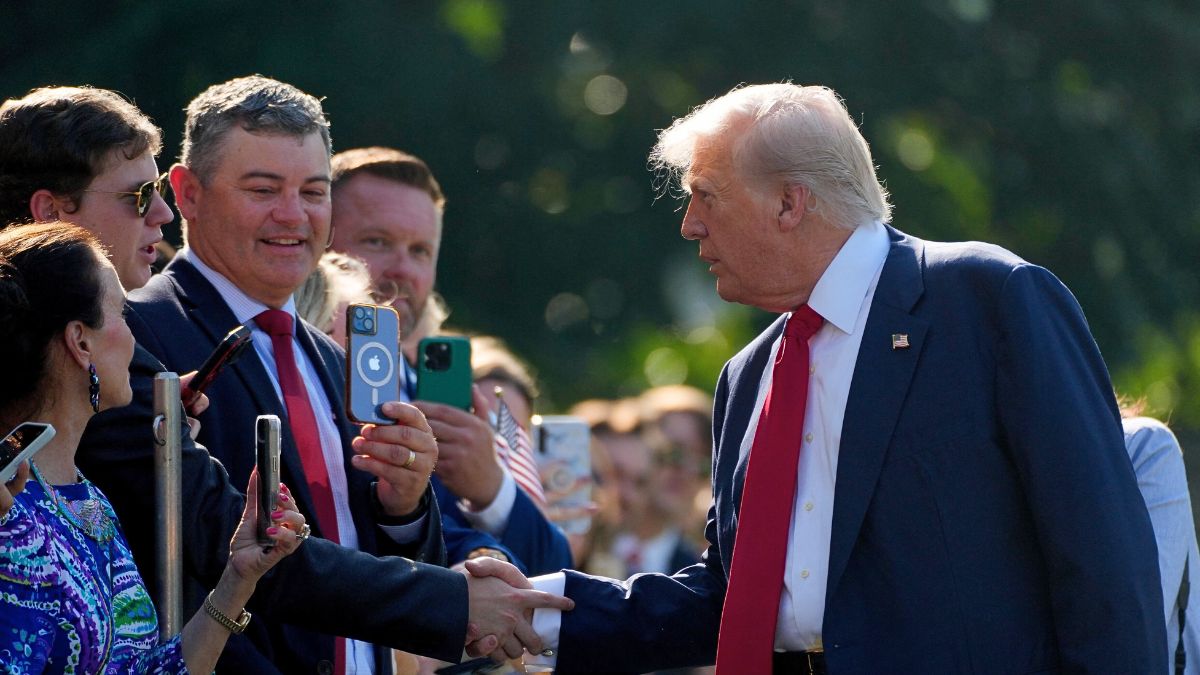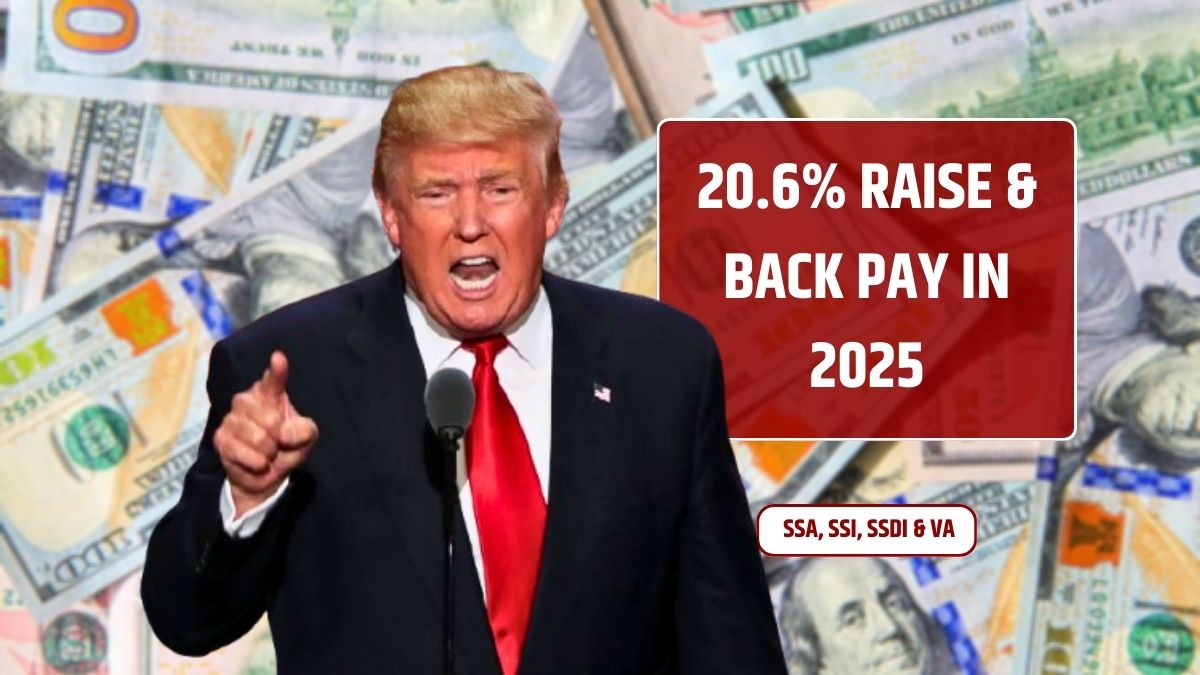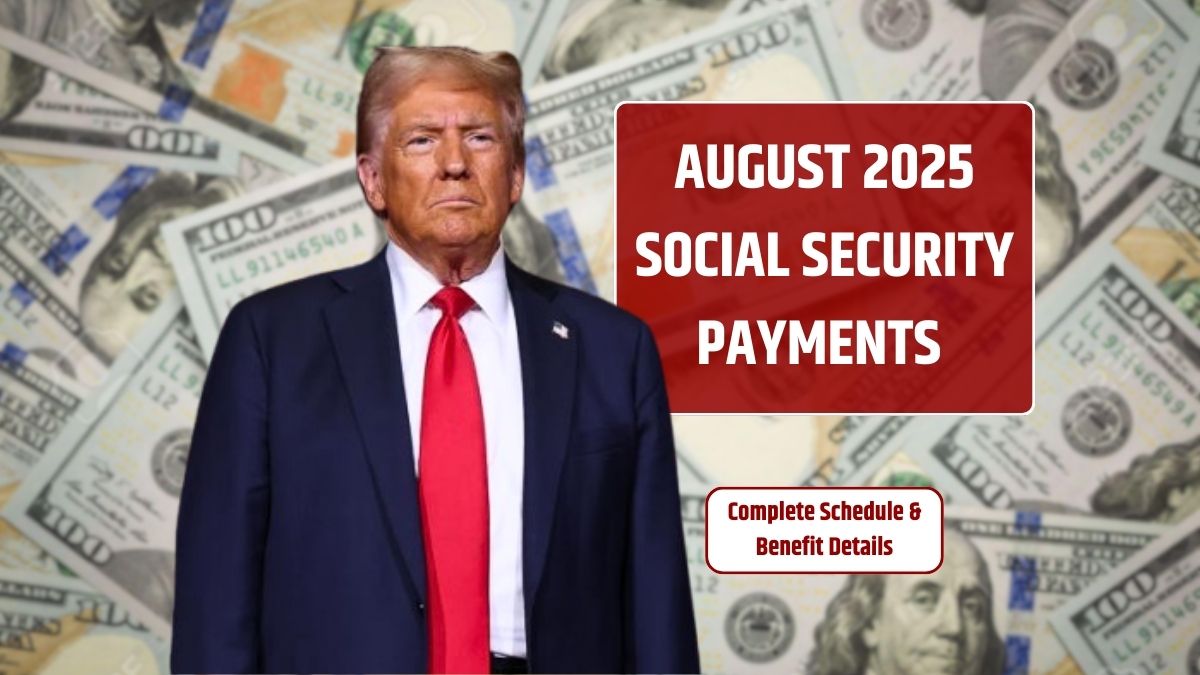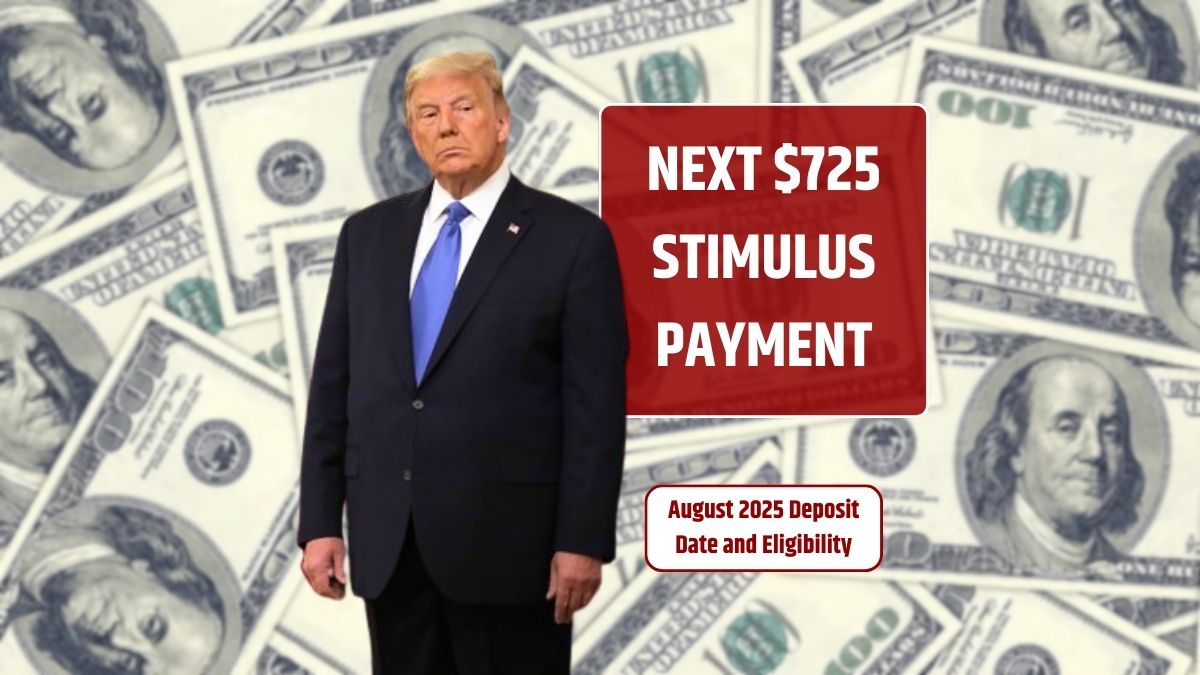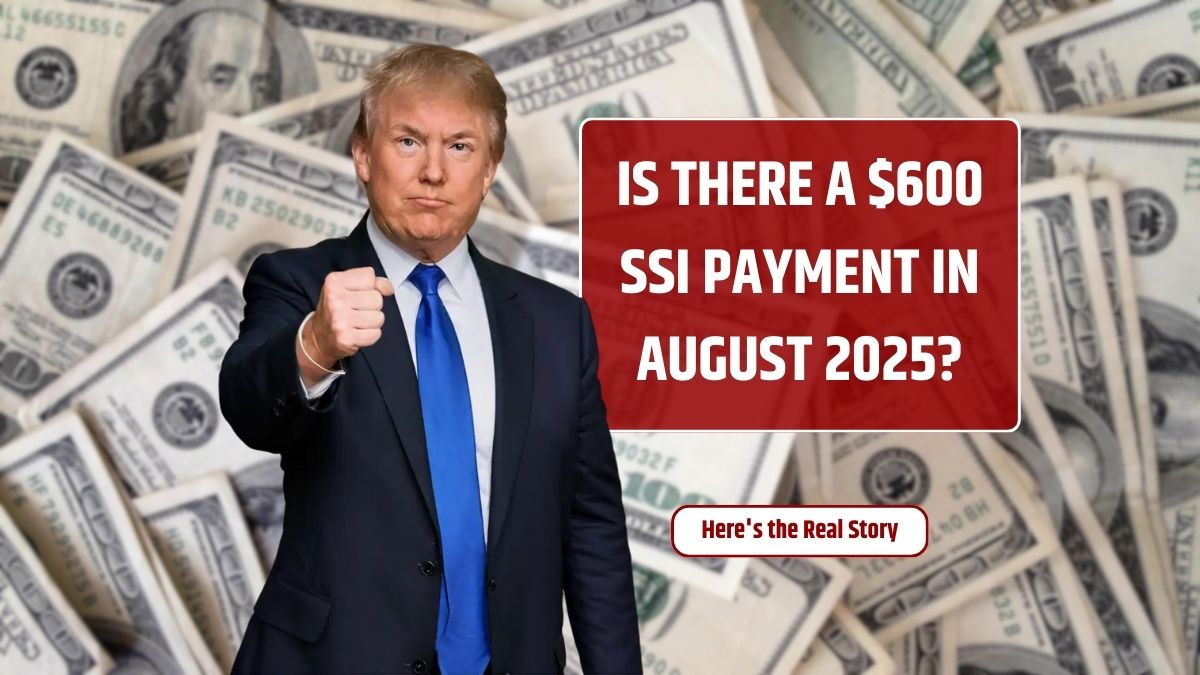In a high-stakes White House meeting on Monday evening, President Trump and special envoy Steve Witkoff discussed the urgent humanitarian crisis in Gaza, signaling a major shift: the U.S. may soon take the lead in delivering aid to the region. This move comes as ceasefire talks stall and Israeli Prime Minister Netanyahu eyes a broader military campaign. With babies starving and families desperate, the Trump administration seems poised to step in where others have hesitated.
Tensions
Negotiations for a ceasefire between Israel and Hamas have hit a wall. At the same time, Netanyahu appears to be preparing for a full military occupation of Gaza, a move that has raised serious concerns within both the Israeli military and among U.S. officials. Despite those fears, Washington hasn’t firmly opposed the expansion, although there’s growing internal anxiety.
Meanwhile, President Trump is increasingly focused on the dire situation facing civilians in Gaza. According to one U.S. official, he’s particularly concerned about mothers and children going without food, which is driving his urgency to act.
Meeting
Steve Witkoff, fresh from a visit to Israel and Gaza, flew in from Miami to meet Trump for dinner on Monday night. The key takeaway? The U.S. is preparing to “take over” the humanitarian relief operation in Gaza, stepping in because Israeli efforts have fallen short. The official didn’t go into specifics, but confirmed that Gulf nations like Qatar, along with Jordan and Egypt, would play supporting roles.
While Trump reportedly isn’t thrilled about taking on such a responsibility, he sees it as a necessary step. As one official put it, “There doesn’t seem to be another way.”
Pressure
Trump doesn’t want America footing the entire bill. He’s tasked Witkoff with rallying both European and Arab partners to contribute significantly. The goal is to make it a global response, not just an American one. Still, the U.S. is expected to commit substantial funds and logistics to kickstart the effort.
Israel has welcomed this increased American involvement. One Israeli official even said the U.S. would spend “a lot of money” to improve conditions in Gaza, hoping this would reduce the political pressure surrounding the crisis.
Expansion
The backdrop to all this is Netanyahu’s push to expand the war. He’s proposing to occupy the whole Gaza Strip, including areas like Gaza City—zones believed to hold hostages. That raises the stakes dramatically. The Israeli military, particularly Chief of Staff Gen. Eyal Zamir, has warned against this approach. The risk? Killing hostages and becoming responsible for the lives of over two million Palestinians.
Despite these warnings, Netanyahu appears determined. He’s expected to present the plan to Israel’s security cabinet this Thursday, with the goal of defeating Hamas militarily instead of striking a deal for the hostages.
Strategy
While Netanyahu pushes forward militarily, Trump’s team is focusing on aid delivery—especially to areas outside of Hamas control. The idea is to separate humanitarian efforts from combat zones, avoiding further complications and ensuring that supplies reach the people who need them most.
The success of this plan, however, depends heavily on whether the war expands. A wider conflict could choke off aid routes, making Trump’s vision harder to achieve.
Here’s a quick breakdown of the two main approaches:
| Actor | Focus | Key Concern |
|---|---|---|
| Trump Admin | Humanitarian aid | Starvation, civilian suffering |
| Netanyahu Govt | Military expansion | Defeat Hamas, rescue hostages |
As it stands, the U.S. is balancing on a tightrope—trying to bring relief to Gaza without getting pulled into a broader conflict. The decisions made this week could shape both the humanitarian outcome in Gaza and the next phase of the Middle East conflict.
FAQs
What did Trump and Witkoff discuss?
They discussed leading a U.S. humanitarian aid effort in Gaza.
Is the ceasefire deal progressing?
No, negotiations are currently stuck.
Why is Trump concerned about Gaza?
He’s focused on the worsening starvation crisis.
Will other countries help with aid?
Yes, Qatar, Jordan, Egypt, and others may contribute.
Is Israel supporting U.S. aid efforts?
Yes, Israel supports a larger U.S. role in aid delivery.

